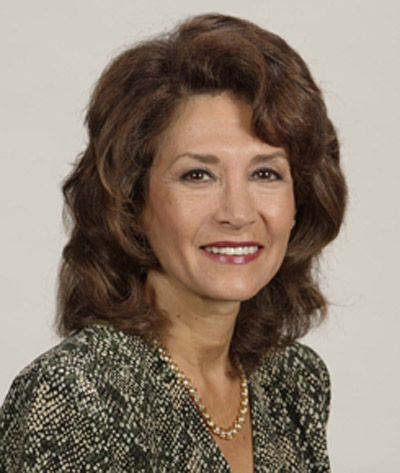Although breakfast is the most important meal of the day, MedScape’s 2012 Ethics Survey results show lunch weighs heavily on doctors’ minds. The survey of 24,000 US physicians included questions that covered a wide array of topics, including whether they would give life-sustaining treatments even if the patient wouldn’t be saved (35% said yes, 24% no), if they believe physician-assisted suicide is sometimes OK (47% yes, 40% no), and if they feel lunch with a drug rep might sway their prescribing habits.
This last one drew 23,710 physician responses, with 72% saying a meal would not influence them, 20% saying it could cultivate bias, and 8% saying “it depends.”
Editorial director Leslie Kane said the disgust in some of the written-in responses were at the same level as they were when MedScape conducted its first survey in 2010.MedScape’s questions were based on issues professionals said they wrestle with, and were developed in tandem with input from medical ethics experts and other sources.
Kane said responses in favor of sponsored meals included many rhetorical questions along the lines of, “You think I can be bought for a tuna sandwich?” Kane said pro-lunch doctors were also ticked about a double standard that lets legislators mix over food and drinks, while there’s a “fuss over our $10 lunches.” Another doctor dismissed the impact lunch could have simply because if you eat with one rep, it means you eat with every rep, and “that levels the playing field and you make your own choices.”
Kane said the lunch comments also characterized a midday meeting as “buying my time but not loyalty,” while allowing them to ask the sales rep about the device as opposed to gleaning product information from patient-based trial-and-error.
The anti-meals docs said there was good reason to keep the social interactions far away from business ones. “I want to believe I can be [unbiased], but the evidence says I’m kidding myself,” one doctor wrote, while another posited that a friendly relationship would induce a sense of “pressure even if the rep wasn’t actively exerting pressure.”
There has been movement toward loosen up restrictions, such as Massachusetts’ recent decision that it’s OK for healthcare professionals to receive “modest meals” (the acceptable value of which are still to be determined). The October decision relaxed rules the state put into place in 2008, and which restaurateurs said hurt their business. Initial guidelines proposed that price limits be “as judged by local standards, are similar to what a health care practitioner might purchase when dining at his or her own expense.”
Although premiums like pens and pencils have also fallen by the wayside, Kane said doctors could care less, but the loss of lunch continues to rankle.
Absorbing as food fights can be, Kane said the most interesting results revolved around end-of-life-care, and how often doctors end up clashing with families who want to stop treatment when the physician feels that there could still be a chance to help. Unlike television shows where residents are told they get used to death, Kane said answers showed that years later doctors continue to ask themselves themselves if they did the right thing.








